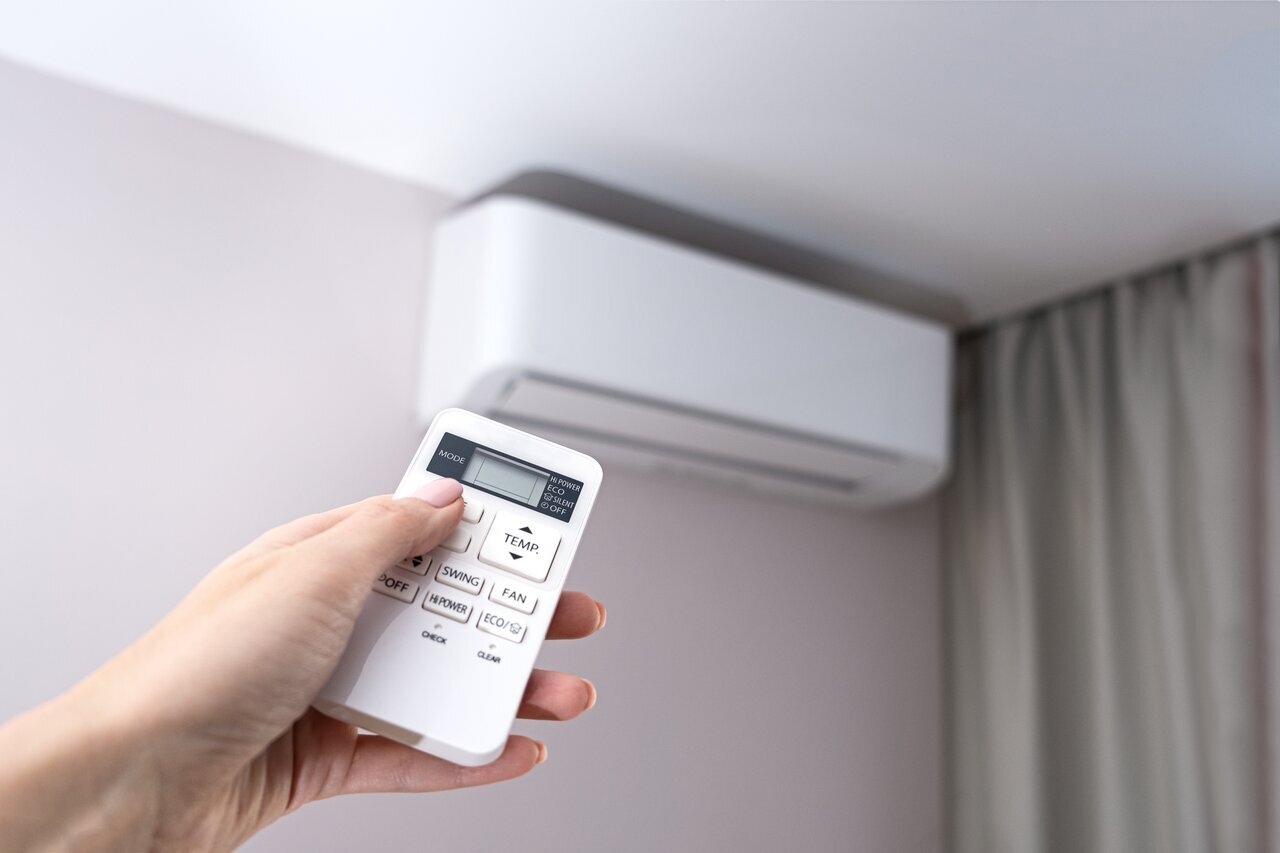Essential Tips for Choosing the Right Energy-Efficient Air Conditioner for Your Home
Maintaining a comfortable indoor temperature is an essential component of a pleasant living environment. However, as many homeowners are aware, traditional air conditioners can consume significant amounts of energy, leading to high utility bills and a substantial environmental impact. Thankfully, advancements in technology and the development of energy-efficient air conditioning systems present an opportunity for homeowners to save on energy costs and reduce their carbon footprint. We’ll discuss the key factors you should consider when choosing an energy-efficient air conditioner for your home, ensuring that you make an informed decision that meets your specific needs and preferences.
When looking for an energy-efficient air conditioner, you’ll encounter several options, including central air conditioning, ductless air conditioning, and energy-efficient window units. Each type has its unique set of advantages, depending on specific factors like size, layout, and cooling requirements of your home. Therefore, it’s essential to understand the distinctions between various air conditioner types and evaluate the most appropriate option for your residential space.
Understanding Different Types of Energy-Efficient Air Conditioners
There are several types of energy-efficient air conditioners to choose from, with each offering distinct benefits to cater to different residential needs. Some of the most popular options are:
1. Central Air Conditioning: These systems are designed to cool entire homes and consist of an outdoor compressor and condenser unit connected to an indoor air handler. Energy-efficient central air conditioners feature higher SEER ratings and advanced components to reduce energy consumption. They are suitable for homes with existing ductwork or those undergoing significant remodeling.
2. Ductless Air Conditioning: Ductless systems, also known as mini-splits, consist of an outdoor compressor/condenser and one or more indoor air-handling units. These systems provide targeted cooling to individual rooms or areas, allowing for independent temperature control and enhanced efficiency. Ductless air conditioners are ideal for homes without ductwork or those looking to add zoned cooling.
3. Energy-Efficient Window Units: These air conditioners are installed directly in a window or through wall opening and provide cooling for single rooms. While not as efficient as central or ductless systems, energy-efficient window units often have higher EER (Energy Efficiency Ratio) ratings than standard models and can provide a more eco-friendly cooling solution for smaller spaces or supplementary cooling needs.
Factors to Consider When Choosing the Right Energy-Efficient Air Conditioner
Several essential factors should be taken into account when selecting an energy-efficient air conditioner to ensure that it meets your specific requirements and preferences.
1. Size: The size of the air conditioning unit plays a crucial role in its efficiency and performance. A properly sized unit will effectively cool your home without using excessive energy. To determine the right size, our professionals will assess your home’s square footage, layout, insulation, and climate, among other factors.
2. Energy Efficiency Rating: Energy-efficient air conditioners are assigned a SEER rating, which indicates their performance and energy consumption. A higher SEER rating means that the unit consumes less energy to provide the same level of cooling as a lower-rated model. Generally, a SEER rating of 15 or above is considered to be highly efficient.
3. Advanced Features: The inclusion of advanced features, such as variable-speed compressors and smart thermostats, can enhance the energy efficiency of an air conditioning system. These features dynamically adjust the system’s performance based on real-time cooling demands and enable more precise temperature controls, further optimizing energy consumption.
4. Compatibility with Home Infrastructure: It’s important to assess the compatibility of an energy-efficient air conditioner with your home’s existing infrastructure. For instance, if you’re considering a central air conditioning system, you’ll need to ensure that your home has suitable ductwork or be prepared to install it. Similarly, a ductless air conditioning system may require modifications to electrical wiring or mounting points for the indoor units.
The Benefits of Professional Installation and Maintenance
To ensure optimal performance, efficiency, and long-term durability of your energy-efficient air conditioner, it’s crucial to rely on professional installation and maintenance services. Our experienced technicians have the expertise needed to correctly install, calibrate, and service a wide range of energy-efficient air conditioners.
Our professionals will ensure that your system is installed according to manufacturer guidelines and industry best practices. This includes selecting the proper size and type of air conditioner for your home, positioning indoor and outdoor units for optimal performance, and conducting thorough system testing.
Once your energy-efficient air conditioner is installed, regular maintenance will help preserve its performance and efficiency. This includes tasks such as annual tune-ups, cleaning and replacing filters, and promptly addressing any potential issues. Investing in professional maintenance services is an effective way to protect your investment in comfort and energy savings.
Incentives and Rebates for Energy-Efficient Air Conditioners
When upgrading to an energy-efficient air conditioner, keep an eye out for available incentives and rebates. These may be offered by utility companies, government initiatives, or manufacturers to encourage the adoption of eco-friendly cooling solutions. These incentives can help offset the initial cost of an energy-efficient air conditioner, making the investment even more financially attractive.
Conclusion
Selecting the right energy-efficient air conditioner for your home involves understanding the various types and features available, as well as considering factors such as size, energy efficiency ratings, and compatibility with your home’s existing infrastructure. By evaluating these critical aspects and relying on the expertise of our professional technicians at SALAZAR Heating, Cooling & Plumbing, LLC, you can confidently make the best choice for your home’s comfort and long-term sustainability. If you’re ready to explore the possibilities of energy-efficient air conditioning, don’t hesitate to contact our team today for expert air conditioning installation in Santa Fe, NM.




